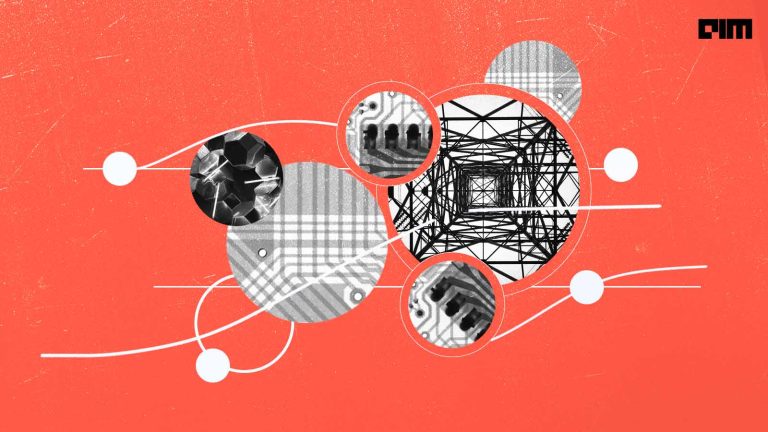|
Listen to this story
|
COBOL, an essential programming language for financial legacy systems and government portals, is facing a crisis, leading to major technical debt. Born in the early 1960s, it was adopted by IBM as its primary development language.
The recent Innovation Graph updated by GitHub showed that developers are participating in hackathons like ‘Advent of Code’ to learn old and obscure programming languages like COBOL. This is one of the few times when there is interest in these languages.
Today, 43% of the financial institutions handle more than $3 trillion in daily transactions, including 95% of ATM swipes and bank accounts, which use COBOL to keep the infrastructure standing.
However, COBOL is rapidly approaching its expiration date. As experienced COBOL programmers retire, companies struggle to find qualified replacement talent despite generous six-figure salaries.
“The developers, who actually know how to maintain legacy code, are rapidly ageing out of the workforce,” said Michael Abbott, senior managing director and global banking lead at Accenture. “We are in a race against the clock to modernise COBOL before the talent pool contracts.”
Neglecting the ongoing maintenance of COBOL systems could be a disaster, given their central role in banking, insurance, healthcare, and government.
“It’s incredibly difficult to even find workers who know COBOL. The language is old and some of the people still fluent in it are even older,” said Brandon Edenfield, managing director of application modernisation with Modern Systems. “This has become a recipe for disaster in states that still operate under COBOL.”
AI to the Rescue
AI-powered tools are emerging as a potential solution to the COBOL crisis and the broader issue of technical debt in legacy systems. “By leveraging machine learning algorithms, tools like SonarQube are developed to manage different types of technical debts,” explained the researchers of a paper.
IBM unveiled its WatsonX AI capability to translate COBOL into Java last summer.
“If you free up that time spent servicing technical debt, testing requirements, debugging, and just basically keeping the lights on, IT can spend more time architecting the product solution that you want while the technology does the programming, testing, and delivery,” said Skyla Loomis, VP of IBM Z Software.
Goldman Sachs has also started piloting an AI assistant capable of writing 40% of its code using generative AI in some cases. Accenture leveraged GPT-4 and a vector database to develop a tool that reverse-engineers legacy COBOL code for modernisation.
However, relying on AI to modernise mission-critical financial systems comes with its own set of challenges. Ensuring the reliability and accuracy of AI-generated code, navigating regulatory and security considerations, and managing the transition from legacy architectures are key hurdles to overcome.
Arun Chandrasekaran, a distinguished vice president at Gartner and generative AI analyst, said, “AI generation is an early-stage technology that takes time to perfect. I’m sure they have checks and balances in place to address this situation, but I prefer to take the ‘wait and see if it works’ approach.”
Yet the potential benefits are significant. AI tools can analyse, document, and refactor legacy code, enabling the transition to modern, scalable, cloud-native approaches.
Thierry Bonfante, chief product officer at Unqork, said, “With a GenAI tool, you can transform the business logic of legacy code into JSON but that process requires humans to ensure that everything is in place. It is a technology-assisted process, not a magic bullet.”
Thomas Dohmke, CEO of GitHub, said, “It is clear that Wall Street’s next crisis could be digital. However, with the help of AI, we stand a chance of avoiding another financial crisis that has been long in the making.”
What’s the Solution?
Addressing the COBOL crisis requires a multi-pronged approach. One solution is to employ AI-assisted tools to identify and manage technical debt in legacy systems. “Static Analysis is another AI technique which can be used to detect technical debts, more specifically code debts,” the researchers explained in the paper.
This technique identifies the COBOL code and addresses the most critical issues. AI-assisted tools are like IBM WatsonX is speeding up this process.
Martin Prescher, CTO of Autonomy, explained, “What is different is that over the last decade the concepts behind AI and ML have been bolstered with unbelievably sophisticated toolsets that make it possible to integrate with existing, and not very sophisticated/old school IT ecosystems.”
Another approach is to invest in modernisation services offered by companies like IBM, Luxoft, and Unisys.
Jeff DeVerter, chief technology evangelist at Rackspace Technology, emphasises its importance: “It could be that the prospect of losing out on AI will motivate organisations to finally get off the sidelines when it comes to modernisation of core systems.”
By leveraging the expertise of these modernisation service providers and the power of AI-assisted tools, organisations can gradually transform their COBOL-based systems into modern, maintainable solutions, enabling them to take full advantage of the latest AI technologies.














































































